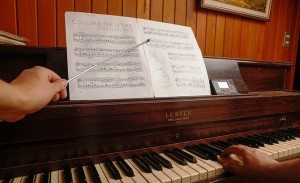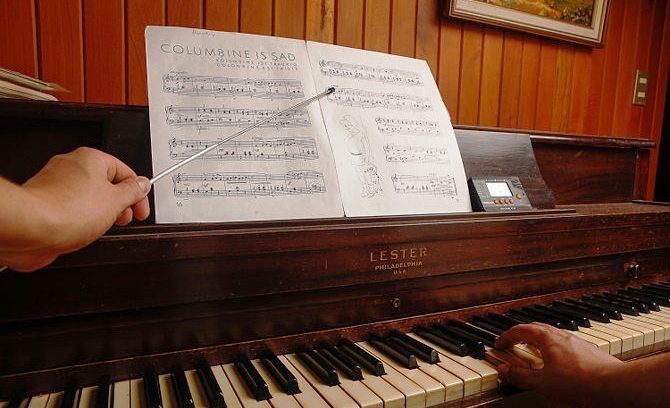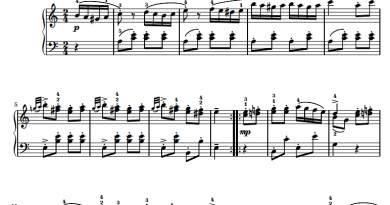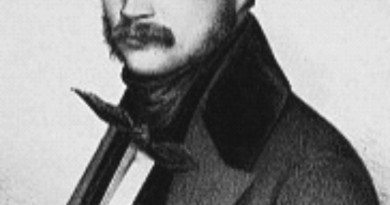How to teach piano
The instruction book is simply to be your aid and guide; yourself must be the soul that breathes life into it. A poor mechanic fails to do good work though he have at his command the best tools, while a skilled artisan succeeds even with poor tools, so the inferior teacher fails with the best book, while a good instructor manages to get along, if necessary, with a poor one. No instruction book can be written that shall exactly suit all pupils, for the simple reason that they are not alike gifted, nor alike diligent.
A good instruction book, however, contains sufficient material to satisfy the wants of all, even the slowest. The intelligent teacher will readily see what he needs and what his more gifted pupils may leave unused.

From the very first lesson train your pupil to think, and discourage all mere mechanical routine work. Study the operation of your pupil’s mind, and use every possible means to awaken thought. This you may largely do by asking questions, and by inducing your pupil to do the same. It is better that the student arrive at a truth through a course of judicious questioning, than to simply state it for his benefit.
Mere telling is not teaching. To cause a pupil to understand a truth, to remember it and to practically apply it, is teaching. Show the lesson in hand from all possible sides, and before proceeding to another, convince yourself that it is thoroughly understood. Only that which a pupil can say or write down in his own language, he understands and knows.
Teaching piano tips
In order to develop thought, great patience on your part is necessary. Impatience by word or action confuses and intimidates. In order to think clearly, quietness of mind is absolutely necessary. Be therefore patient in waiting for an answer, patient even when the pupil commits errors. Hastening and driving accomplishes no good. If aid is needed, let if be bestowed in the shape of well-directed questions.
Establish friendly relations between yourself and your pupils, for thereby you make your lessons pleasant and more profitable. Which pupil learns most, he who is eager for his lesson, or he who tries to escape from it f he who loves his teacher, or he who does not care for him?
We have known not a few pupils that have taken a dislike to music because their first teachers were not what they ought to have been.
Strive to be a friend to your pupil, never become a mere taskmaster; neither command nor demand, rather lead than drive. Many teachers have lost pupils, because they were not capable of entering into the spirit of children, because they were neither cheerful nor forbearing toward those whom they instructed.
Tips for piano teachers
Use plain language in your lessons! Do not theorize, but make your explanations brief and concise. Avoid conversing on subjects which are not connected with music. There are teachers who dislike teaching the rudiments of their art.
Some deem themselves above it, others dislike the work and denounce it as too dry and uninteresting. This is all wrong.
The best teachers should give the first lessons, and there is none so learned that he is above teaching the rudiments of an art like music. The teacher may not be capable of giving such instructions, or he may be too lazy to do so, but he is by no means above it.



